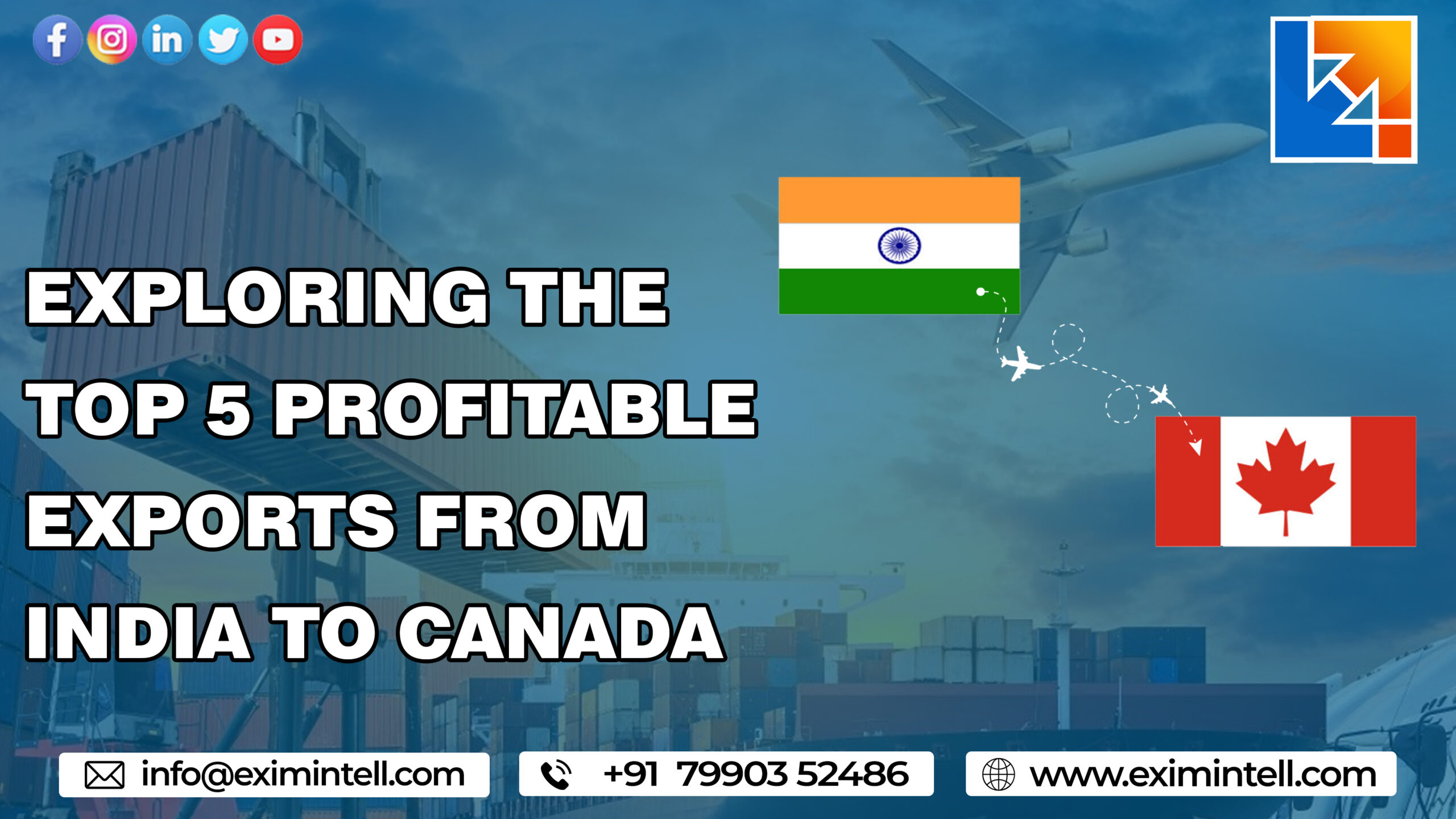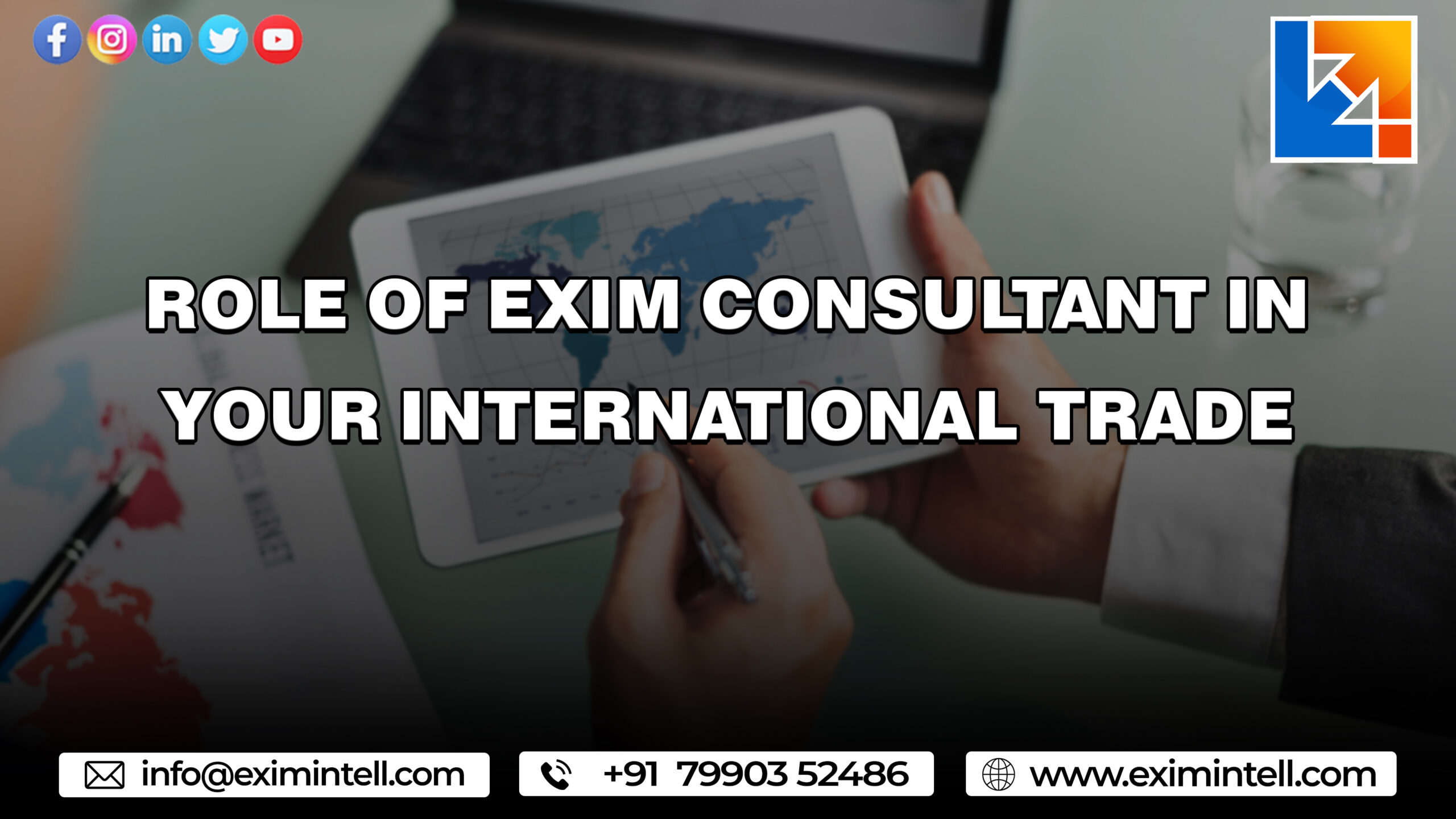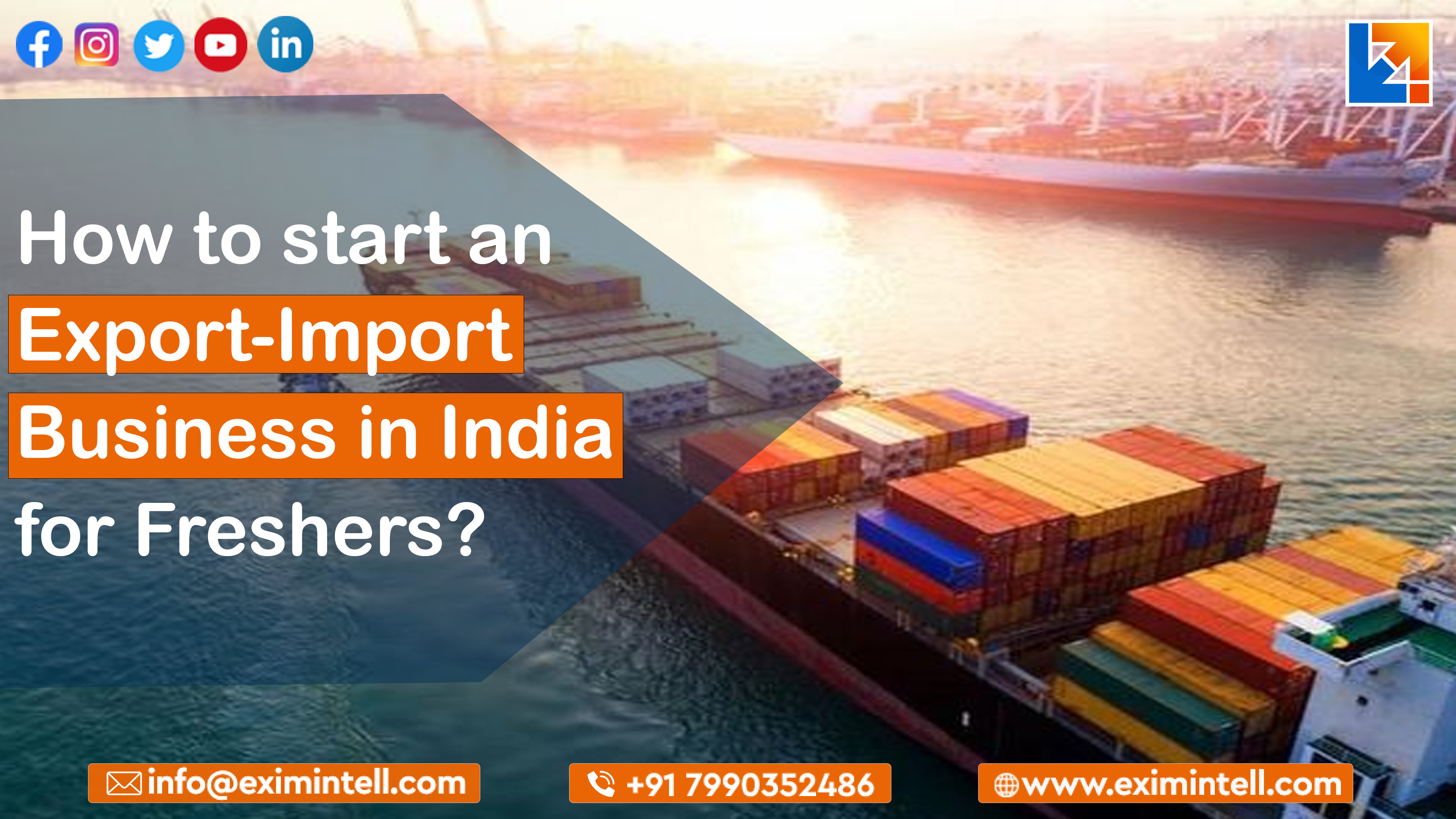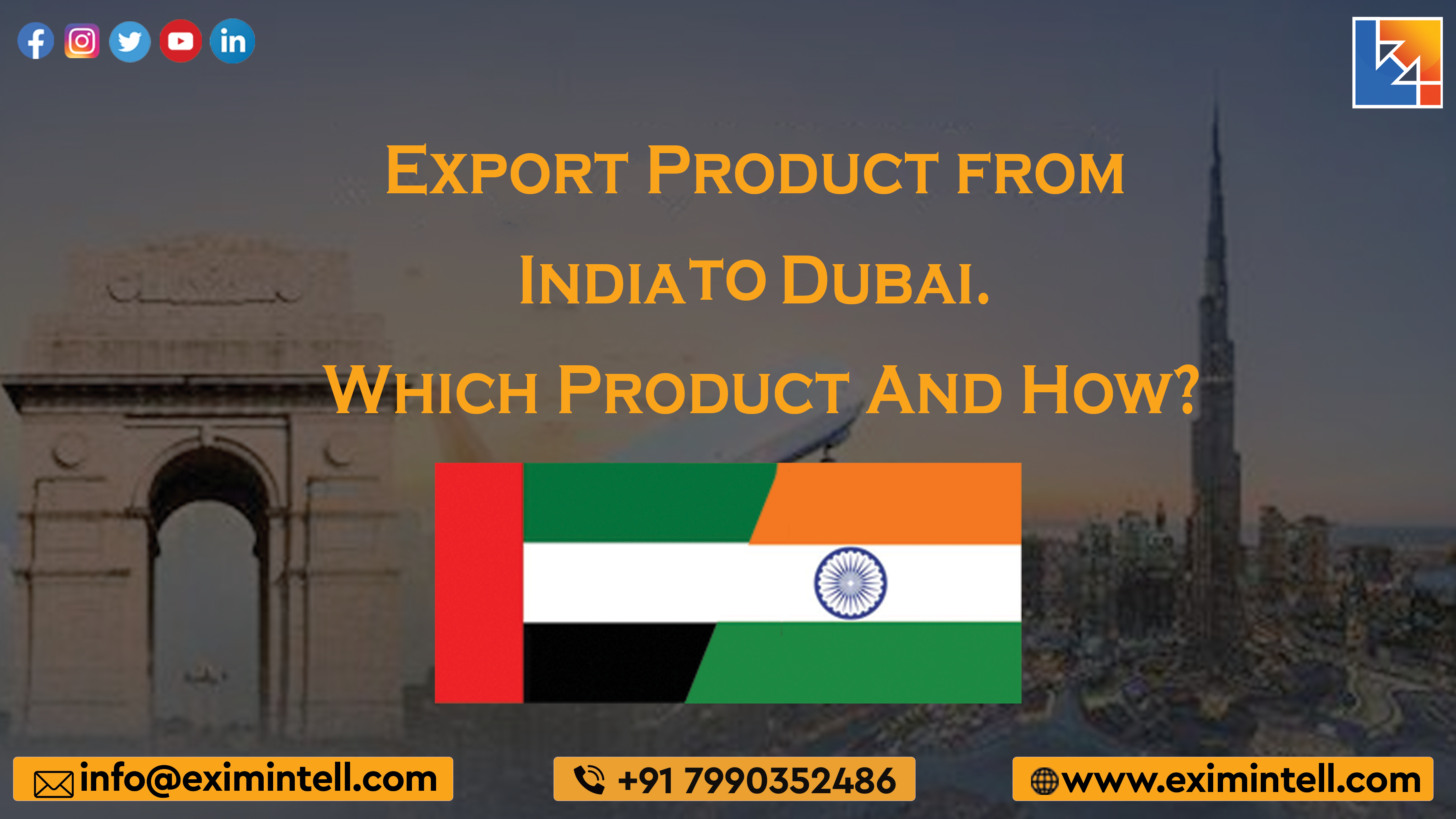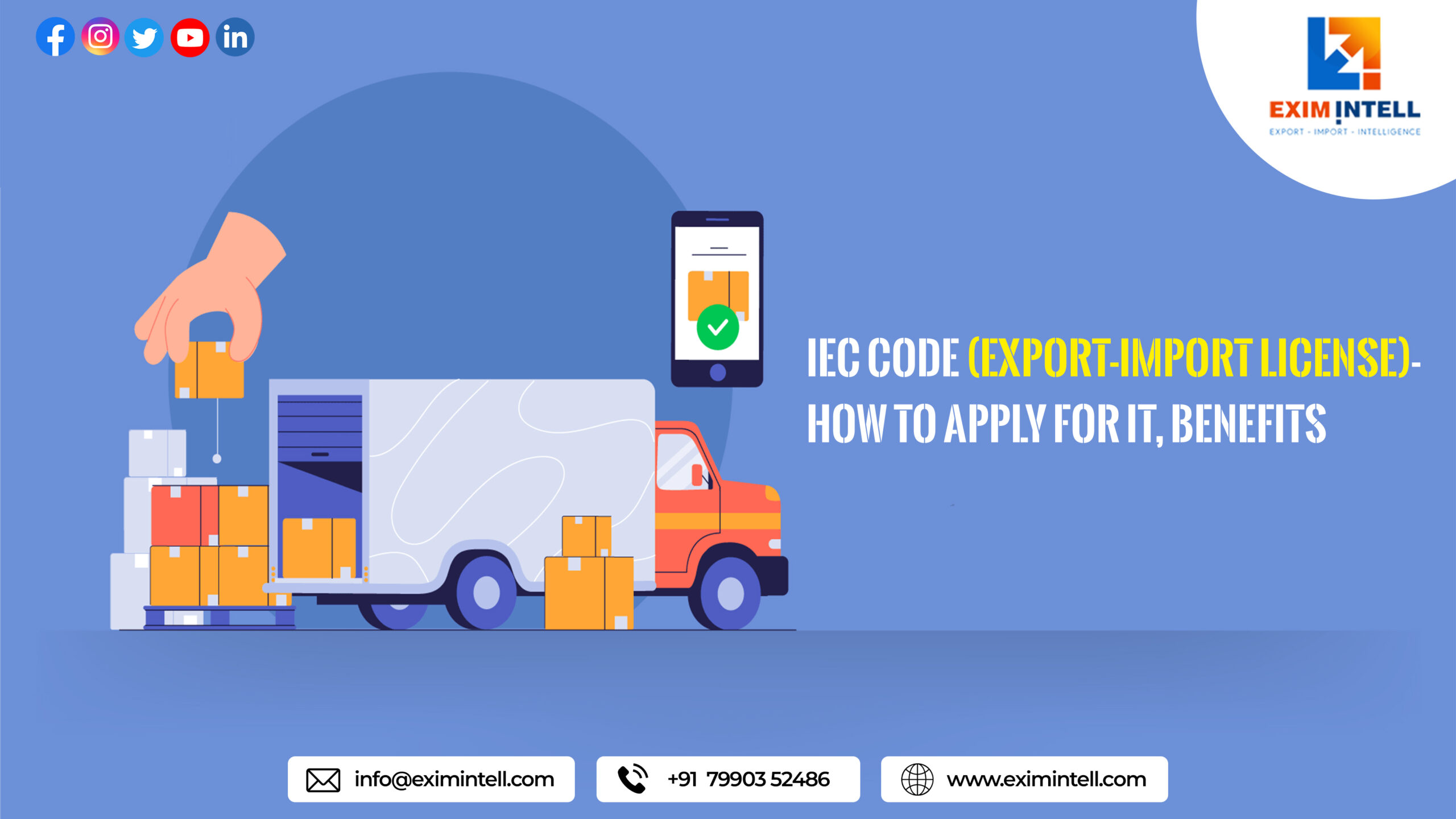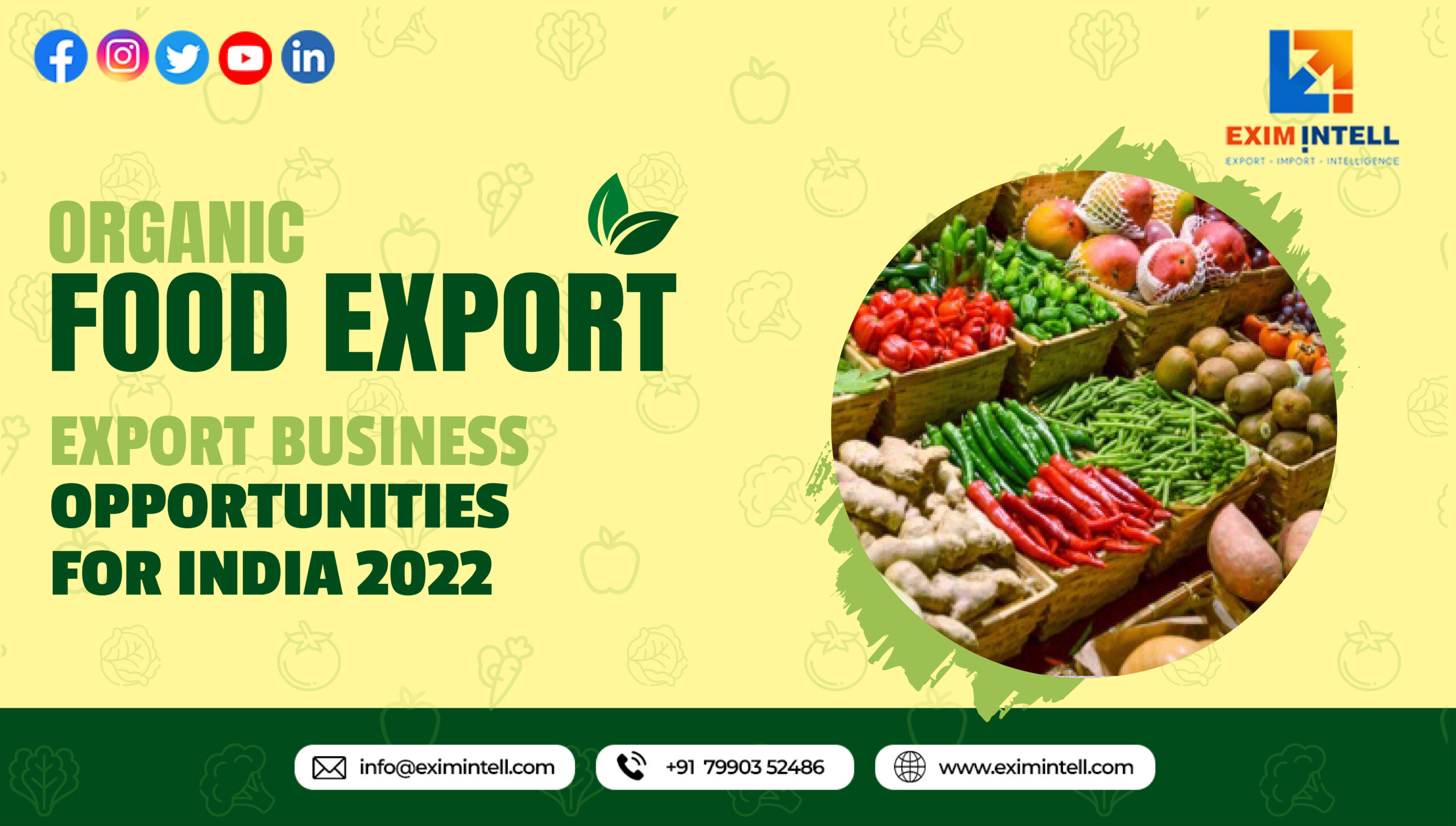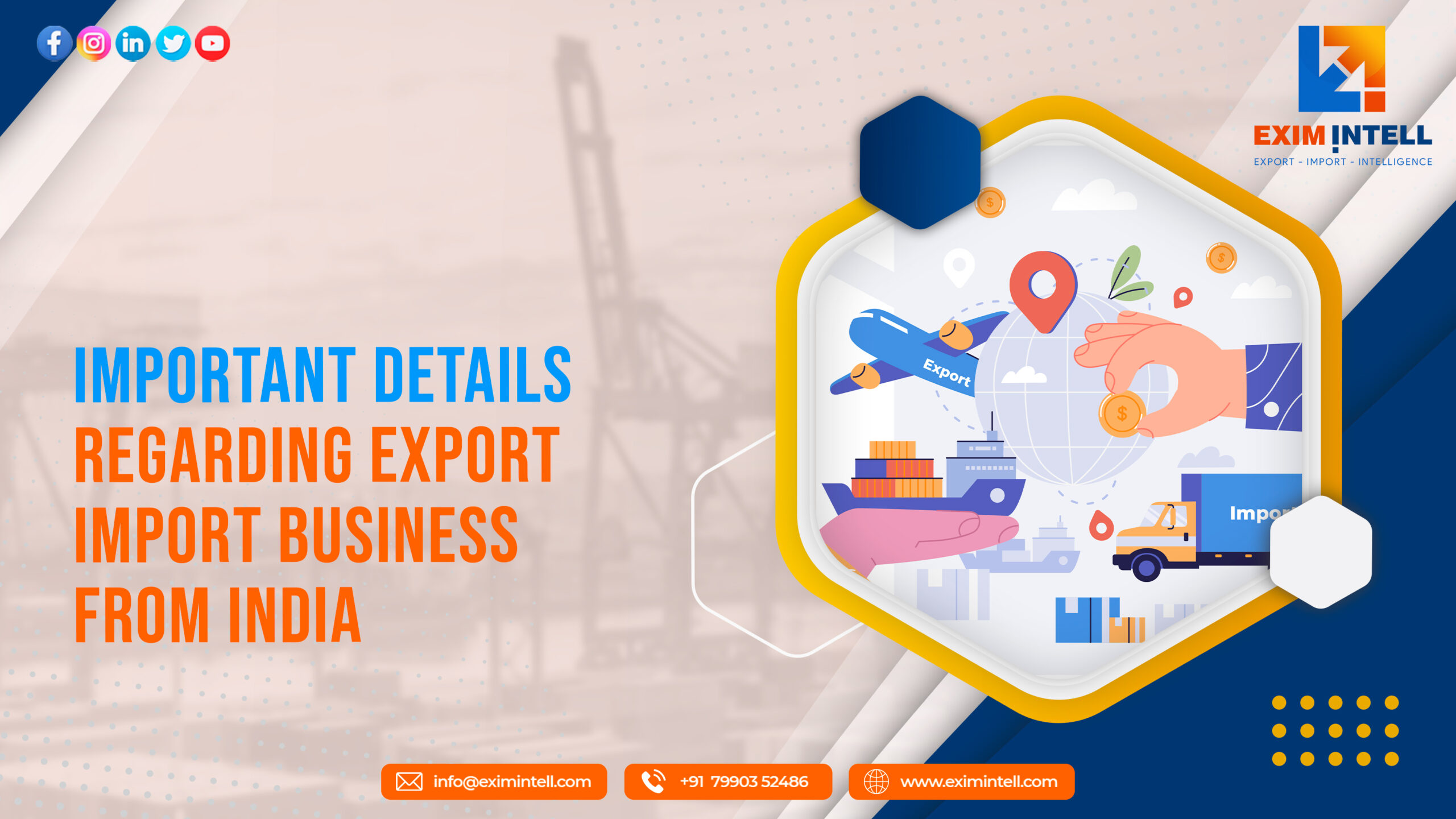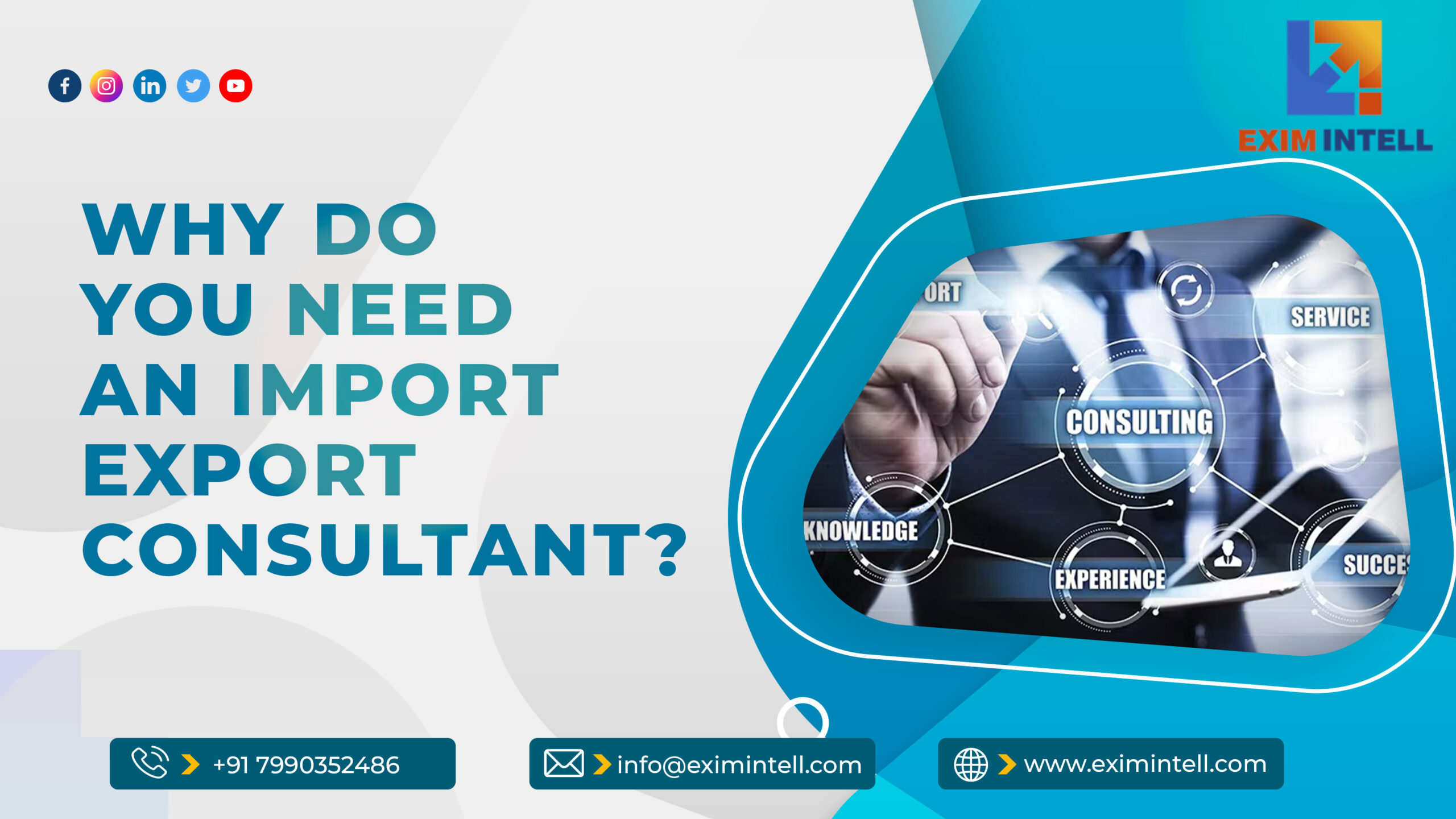Exports from India to Canada are an exciting and dynamic market! A plethora of products flow between these two nations, but the top 5 profitable Exports from India to Canada stand out. The first is pharmaceuticals, with Canada importing nearly $1 billion worth each year. This includes everything from generic drugs to over-the-counter medications. Next up is organic chemicals, which come in at just over $550 million annually.
These chemicals are used in a variety of industries such as textiles and plastics and can be found in everyday items like clothing or water bottles. Jewelry comes next on the list with imports totaling around $360 million per year; Indian-made jewelry has always been renowned for its intricate design work and is a favorite among Canadians! Rounding out the top five most profitable Exports from India to Canada we have vehicles (nearly $290 million) and machinery ($200 million).
Whether you’re riding around on an Indian motorcycle or using state-of-the-art machinery for your business operations, there’s no denying the value that these products bring into Canadian markets!
Introduction to Exports from India to Canada
1. Introduction to Exports from India to Canada
The world’s second most populous country, India, is also one of the leading economies in South Asia and is currently the world’s seventh-largest economy. Surprisingly, Canada is India’s 10th-largest export destination, although bilateral trade between the two countries has been growing rapidly in recent years. In 2015, two-way trade between India and Canada totaled CAD 8.4 billion.
According to Export Genius, a renowned market research firm, these ten Exports from India to Canada possess the highest value:
Mineral fuels, such as oil, saw exports amounting to $2.3 billion in 2017 – a noticeable drop of 45% since 2012 – representing 57% of the total world value. Oils seeds shipped abroad brought in $691 million that same year, rising 109% since 2012 and 51% of the global total. Organo-inorganic compounds likewise posted an increase of 162%, generating revenues worth $517 million for 14% of the world value exported. Aluminum exports totaled $511 million for 17% of the overall tally, increasing 104%. Machinery exports meanwhile went down 24%, with earnings standing at $444 million and accounting for 26% of all those shipped away from home.
Organic chemicals are also down 21%, equivalent to $437 million and 15% worldwide. Articles made out of iron or steel achieved an 87% growth, equal to $396 million and 8.5% globally. Optical and medical instruments experienced a significant 81% rise in exports since 2012 to a total of $342 million for 25%. Finally, figures for inorganic chemicals indicate a 40% decrease translating into $295 million exported around the globe (7.6%), while fertilizers dropped 2.1%, equating to 18%.
Overall, India’s Exports to Canada continue to increase annually as trade relations between the two countries keep growing.
Top 5 Profitable Exports from India to Canada
1. Agriculture – Canada is a major producer of wheat, barley, and other grains, making it a key market for Indian Agriculture Exports. India is the world’s second-largest producer of rice and pulses, making these two crops among the top profitable Exports from India to Canada.

2. Textiles – India is one of the largest producers of textiles in the world, with a wide range of products, including cotton, silk, and wool. Canadian consumers are increasingly interested in purchasing Indian-made textiles, making this an export sector with great potential.
3. Technology – India is home to many IT and business process outsourcing companies, making it a leading player in the global technology market. Canadian businesses are eager to tap into this expertise, making tech exports from India very profitable.
4. Automobiles – India is a major manufacturer of automobiles, including both cars and motorcycles. Canadian consumers are interested in buying Indian-made vehicles due to their affordability and quality.
5. Consumer Goods – From food to cosmetics to apparel, Indian consumer goods are in high demand by Canadians. These products offer good value for money and are often seen as being more authentic than similar products made in other countries.
These five sectors make up the most profitable Exports from India to Canada. By targeting these areas, Indian exporters can maximize their export opportunities and enjoy increased profitability.
Analysis of Each Export
1. Analysis of Each Export
When it comes to finding the most profitable Exports from India to Canada, a comprehensive analysis is required. This task can be daunting, but luckily, we have access to various resources to help us.
The first step is understanding the products eligible for export from India to Canada. We can use the TradeDATA International database, which contains information on all shipments between the two countries.
Next, we must identify the top Exports from India to Canada by value. We can do this by using the World Trade Organization‘s Comtrade Database. This database provides trade data for goods and services between any two countries.
We must analyze the data to determine which exports are the most profitable. There are many ways to do this, but one method is to look at the ratio of export value to import value for each product. The higher the ratio, the more profitable the export is.
Here is a breakdown of the top five most profitable Exports from India to Canada:
1) Spices: Export value: $64 million Import value: $16 million Ratio: 4:1
2) Tea: Export value: $61 million Import value: $22 million Ratio: 2.8:1
3) Coffee: Export value: $36 million Import value: $5 million Ratio: 7.2:1
4) Rice: Export value: $30 million Import value: $3.6 million Ratio: 8.3:1
5) Tobacco Products: Export value: $22 million Import value: $2.4 million Ratio: 9.2:1
These figures demonstrate that spices, tea, coffee, rice, and tobacco products offer the highest potential for profitability when exporting from India to Canada. This information can be used as a starting point to assess which export markets are the most lucrative for Indian exporters.
Trends and Potential Future Changes in Exporting to Canada
Canada is India’s 9th largest trade partner, with bilateral trade totaling $8.4 billion in 2016. Canada is also India’s 2nd largest export destination for goods and services and is India’s 5th largest merchandise trading partner. Canadian exports to India have increased by 34% since 2015, while imports from India have increased by 28%.
The top Exports from India to Canada include petroleum products, gems and Jewellery, organic chemicals, textile fabrics, iron and steel products, pharmaceuticals, motor vehicles, and parts thereof. Petroleum products account for the lion’s share of Indian exports to Canada at $4.2 billion, or nearly 50%. Other significant items in Indian exports to Canada include gems and Jewellery ($1.6 billion), organic chemicals ($1 billion), textile fabrics ($960 million), pharmaceuticals ($748 million), and motor vehicles ($728 million).
Canadian exports to India are led by machinery and equipment, mineral fuel (including crude oil), coal, motor vehicles and parts, cereals, paper articles, wood articles, and optical & medical instruments & parts. Machinery and equipment lead the way with $2.9 billion or nearly 35% of total Canadian exports, followed by mineral fuels, including crude oil, which accounts for $1.7 billion or 21% of all Canadian exports to India. Cereals make up another important export category for Canada at nearly $1 billion or 12%, while paper and wood articles account for around 6% each. Motor vehicles and parts
Conclusion
With an open trade relationship between India and Canada, a wide range of goods can be sent from one country to the other. The top 5 profitable exports are textiles and apparel, pharmaceuticals, chemicals, IT services and parts, and transport equipment. These five important items comprise a major part of the total Exports from India to Canada. Our article has shed some light on everything you need to know about these lucrative business opportunities for entrepreneurs looking at potential partnerships between nations.

